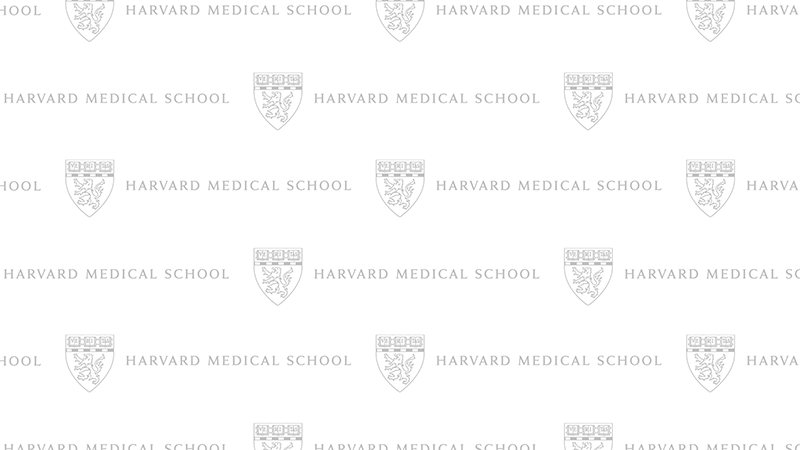All ladder and non-ladder faculty will participate in the teaching mission of the Faculty of Medicine. They are obligated to teach Harvard learners a minimum of 50 hours per year as a requirement of their academic appointment. Given the centrality of the educational mission to HMS/HSDM, it is also expected that ladder faculty members will regard teaching Harvard learners as a priority in their professional role and will devote more than a preponderance of their teaching effort to Harvard learners and, in all cases, arrange all other teaching engagements so as not to interfere, or conflict, with their primary obligations to Harvard learners.
Teaching is defined broadly to include the following activities: live instruction within a didactic setting, course, clerkship, or curriculum; clinical, research, or other academic supervision; tutoring; mentorship; career advising; and formal assessment exercises (e.g., OSCE); and administrative service directly in support of Harvard learners (e.g., educational leadership roles; service on local education committees). Preparation time for teaching does not count toward the teaching requirement. The predominant teaching interactions with a given learner or learner group are expected to be in-person. Occasional meetings via videoconference and presentations that are stipulated by the organizers to be virtual will still count towards the teaching hours if they represent only the minority of HMS teaching hours.
Harvard learners are defined as individuals with appointments at a Harvard school who are undergraduate, medical, dental, and graduate students; residents; research and clinical fellows; or faculty. A broader set of individuals may be considered Harvard learners if they are part of a formal affiliation with a Harvard affiliated institution. For these purposes, “formal affiliation” is designated by enrollment in a tuition-based course at a Harvard school, postgraduate training at a Harvard school or Harvard-affiliated institution (including postdoctoral fellows at affiliate hospitals), or participation (including high school students) in formal pathway programs sponsored by Harvard or Harvard-affiliate-based diversity offices.
Attendees of Harvard-sponsored continuing education programs are considered Harvard learners during their participation in the course. Non-trainee employees (e.g., research technicians, research assistants, staff scientists, administrative staff, allied health professionals) of Harvard or Harvard affiliates are not generally considered Harvard learners; however, a minority of Harvard teaching activities may include early career research staff member applying for doctoral programs in biomedical science who is credited for their roles as an authors on publications with Harvard faculty. Participants in clinical observerships are not considered Harvard learners.
Individuals affiliated with, or enrolled in degree programs at, other academic institutions are considered Harvard learners only if they are enrolled through the HMS registrar’s office as visiting students, are participating in Harvard or Harvard-affiliate-based programs ordinarily lasting >3 months that involve formal application processes (e.g., clinical psychology internships), or have HMS visiting trainee or visiting faculty appointments. All training activities must be primarily based onsite at a Harvard school or Harvard-affiliated institution. Students enrolled in other medical schools doing rotations taking place at Harvard-affiliated institutions and post-graduate trainees in health professions programs not offered by Harvard are not considered Harvard learners.
Faculty are encouraged to have a range of Harvard teaching activities and Harvard learners; teaching interactions predominantly with learners with nominal connections to Harvard (e.g., learners from other institutions being hosted by Harvard affiliates, staff research assistants) may be deemed insufficient at the time of promotion or term reappointment.
All faculty at Harvard Medical School are obligated to teach pre-doctoral medical students if called upon. These guidelines aim to ensure that the School’s commitment to teaching undergraduate medical students is fulfilled and distributed equitably. In addition to teaching medical students in required courses, faculty may be called upon to give occasional lectures, to provide students with clinical skills feedback and assessment, to participate in elective courses, to function as student mentors, to supervise students in scholarly projects, and to serve on important committees crucial to the governance and functioning of the medical school without additional compensation.
Last updated June 2024
